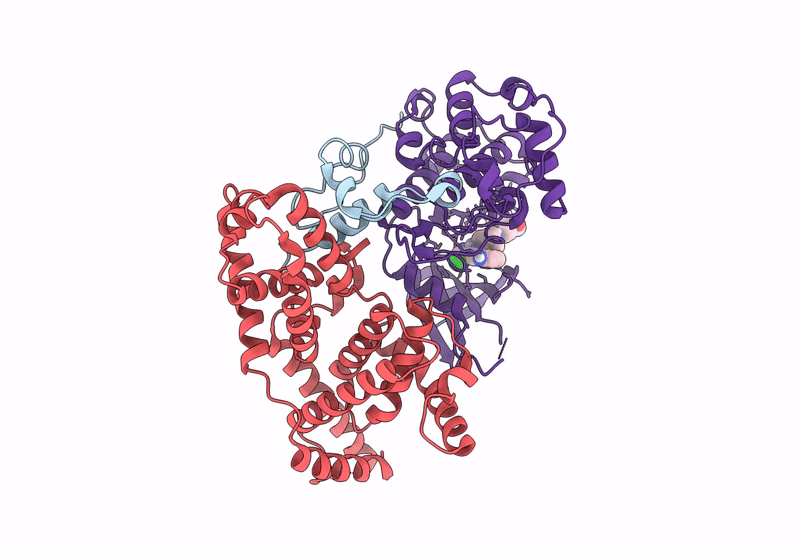
Deposition Date
2024-02-14
Release Date
2024-12-25
Last Version Date
2025-07-09
Entry Detail
PDB ID:
8S0R
Keywords:
Title:
Cryo-EM structure of CAK modified by covalent inhibitor SY-1365
Biological Source:
Source Organism(s):
Homo sapiens (Taxon ID: 9606)
Expression System(s):
Method Details:
Experimental Method:
Resolution:
2.40 Å
Aggregation State:
PARTICLE
Reconstruction Method:
SINGLE PARTICLE


